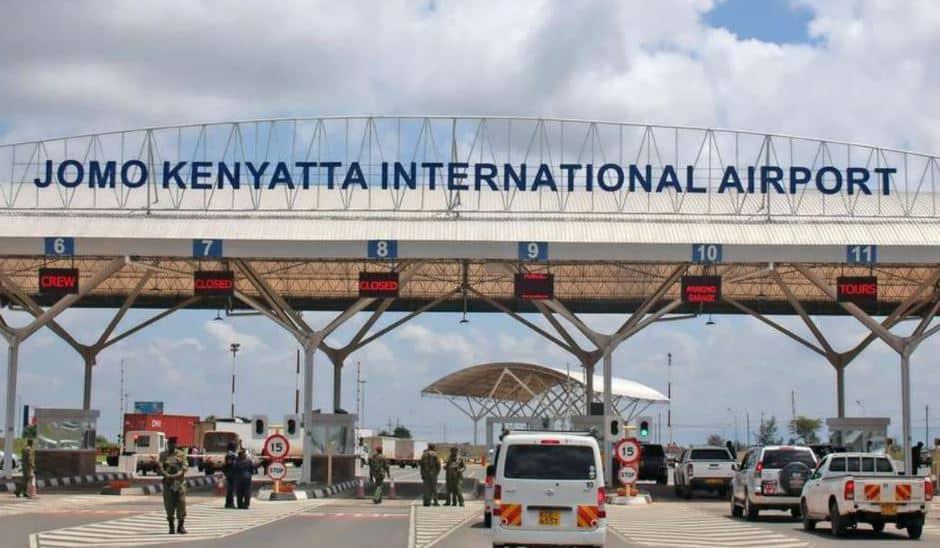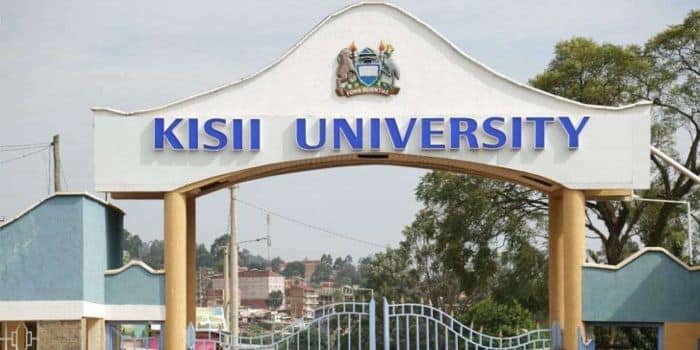Some students drop out of school after sitting their Kenya Certificate of Primary Education (KCPE) exams. However, this should not stop them from pursuing their dreams through short or long courses offered at various training centres across the country.
While most KCPE courses impart practical skills for gainful employment, some programs can give you a competitive edge in the labour market.
The in-demand programs in Kenya requiring a minimum of KCPE certificate give you the needed skills for both formal and self-employment.
The National Industrial Training Authority (NITA) introduced various artisan-level courses specifically for primary school graduates who did not qualify for further studies and have a desire to start a career in hands on- Industrial and Vocational training.
10 In-Demand Programs Available for Class 8 Dropouts
These courses include building engineering, mechanical engineering, automotive engineering, and electrical engineering.
The courses are offered in three levels (Basic, Intermediate, and Advanced). They have a duration of five terms, with three terms in-center and two terms of attachment.
Alternatively, a person can also take a course in driving which include a motorbike or motorcycle, light saloon cars (Manual or automatic), vans or buses, light trucks, trailer or articulated truck, buses, or a plant operator.
Requirement for driving courses requires a copy of National ID and two-Colored Passport Size Photographs.
Also Read: KUCCPS Lists Engineering Courses for 2024 KCSE Students with a D+ and D Grades
| # | Course | Specialization |
| 1 | Building Engineering |
|
| 2 | Mechanical Engineering |
|
| 3 | Automotive Engineering |
|
| 4 | Electrical Engineering |
|
| 5 | Hair dressing, Tailoring, and beauty therapy |
|
| Garment Making, Lether woks, and Upholstery |
|
|
| 7 | Driving |
|
| 8 | Food and beverage | |
| 9 | ICT |
|
| 10 | Applied & Social Science |
|
Skill Upgrading Courses with KCPE Certificate
NITA also offers Skill Upgrading Courses (SUGs) that require only a KCPE certificate. These include carpentry & joinery cabinet making, plumbing/Piping, painter/decorator/polishing, masonry/tiling/block making, fitting general, and arc Welding.
Other courses include gas welding, machinist (lathe, milling, shaping), motor Vehicle mechanics, motor vehicle electrician, panel beating and spray painting, and vehicle upholstery.
Additional SUG courses include electrical installation, electronics mechanics, Motor controls, and Motor rewinding/Power generator repair & maintenance
The Kenya Industrial Training Institute under the Leather and Tannery Department was established in 1965 with the aim of training small-scale entrepreneurs in skill upgrading and self-employment.
The department offers short-term courses (3 months) and long-term courses (2 years).
Short-term courses are examined by NITA, ranging from Grade Test III to Grade Test I, while long-term courses (Artisan/Craft Certificate) are examined by the Kenya National Examination Council (KNEC).
Also Read: List of KMTC Courses You Can Upgrade from Certificate to Diploma
Leather- Related Courses
Graduates are absorbed into tanneries, footwear industries, leather product firms, the Jua Kali sector, youth polytechnics, rehabilitation centers, and more.
Among the long courses offered by KITI that require a KCPE certificate are Artisan in Leather and Tannery, Leather Goods Production Level 4, Leather Processing Level 4, and Footwear Production Level 4, all of which have a duration of one year.
Short courses include Food and Beverage Production and Service, as well as Cake Making and Decoration, and are available to Standard 8 dropouts and secondary school dropouts.
Intakes are in January, May, and September, with a duration of one term.
The Kenya YMCA College of Agriculture and Technology (KYCAT) also lists the entry qualifications for studying Welding and Fabrication as a KCPE certificate, with a duration of four terms.
Follow our WhatsApp Channel and join our WhatsApp Group for real-time news updates.











































































